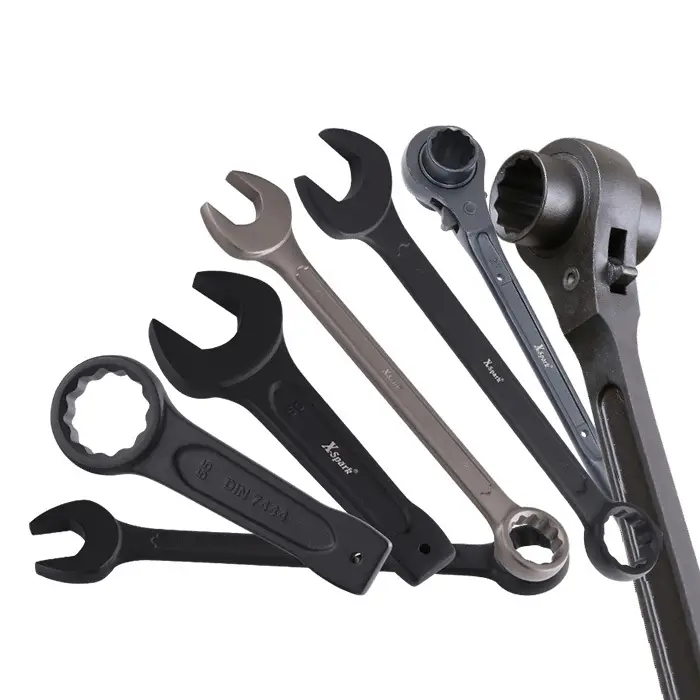Explosion-proof tools are crucial in industries where hazardous materials or volatile environments are common. Choosing the right materials for these tools ensures both safety and longevity. In this article, let’s explore the types of materials used in explosion-proof safety tools and highlight some of the best options available in the market, including products from Doright, a trusted non-sparking tools manufacturer.
Common Materials Used in Explosion-Proof Tools
The selection of materials for explosion-proof safety tools plays a critical role in preventing accidents. Two of the most commonly used materials are beryllium bronze and aluminum bronze. These alloys are known for their excellent non-sparking properties, making them ideal for tools used in environments where flammable substances are present. Another popular material choice is titanium alloys, which offer strength, lightness, and resistance to corrosion. Stainless steel is also frequently used for its robust durability, especially in tools that must withstand harsh conditions.
Why the Right Materials Matter in Explosion-Proof Safety Tools
The primary purpose of explosion-proof safety tools is to prevent sparks and ignition sources that could lead to dangerous explosions. Materials such as beryllium bronze and aluminum bronze are specifically designed to eliminate the risk of sparks during use. These materials are also highly resistant to wear and tear, ensuring the tools last longer in demanding environments. Furthermore, insulated tools made from materials like titanium alloys provide added protection by reducing electrical conductivity, making them safer to use around high-voltage equipment.
What Makes Doright Tools Stand Out in Explosion-Proof Technology
Doright is a trusted name among non-sparking tools manufacturers, offering a wide range of explosion-proof safety tools made from beryllium bronze, aluminum bronze, titanium alloys, and more. Their products are crafted with the highest standards of safety and reliability, providing industries with tools that are both durable and safe to use. With over 1000 sets of explosion-proof tools in their catalog, Doright ensures that each tool is carefully designed to meet the needs of industries like mining, oil and gas, and chemical production.
Conclusion
Choosing the right materials for explosion-proof safety tools is essential for ensuring the safety of workers and the longevity of the tools themselves. By opting for high-quality materials like beryllium bronze, aluminum bronze, titanium alloys, and non-magnetic materials, industries can minimize the risk of accidents and ensure that their tools can withstand the rigors of harsh working environments. Companies like Doright, with their broad range of tools and commitment to quality, offer the ideal solution for businesses in need of reliable, safe, and durable explosion-proof equipment.



